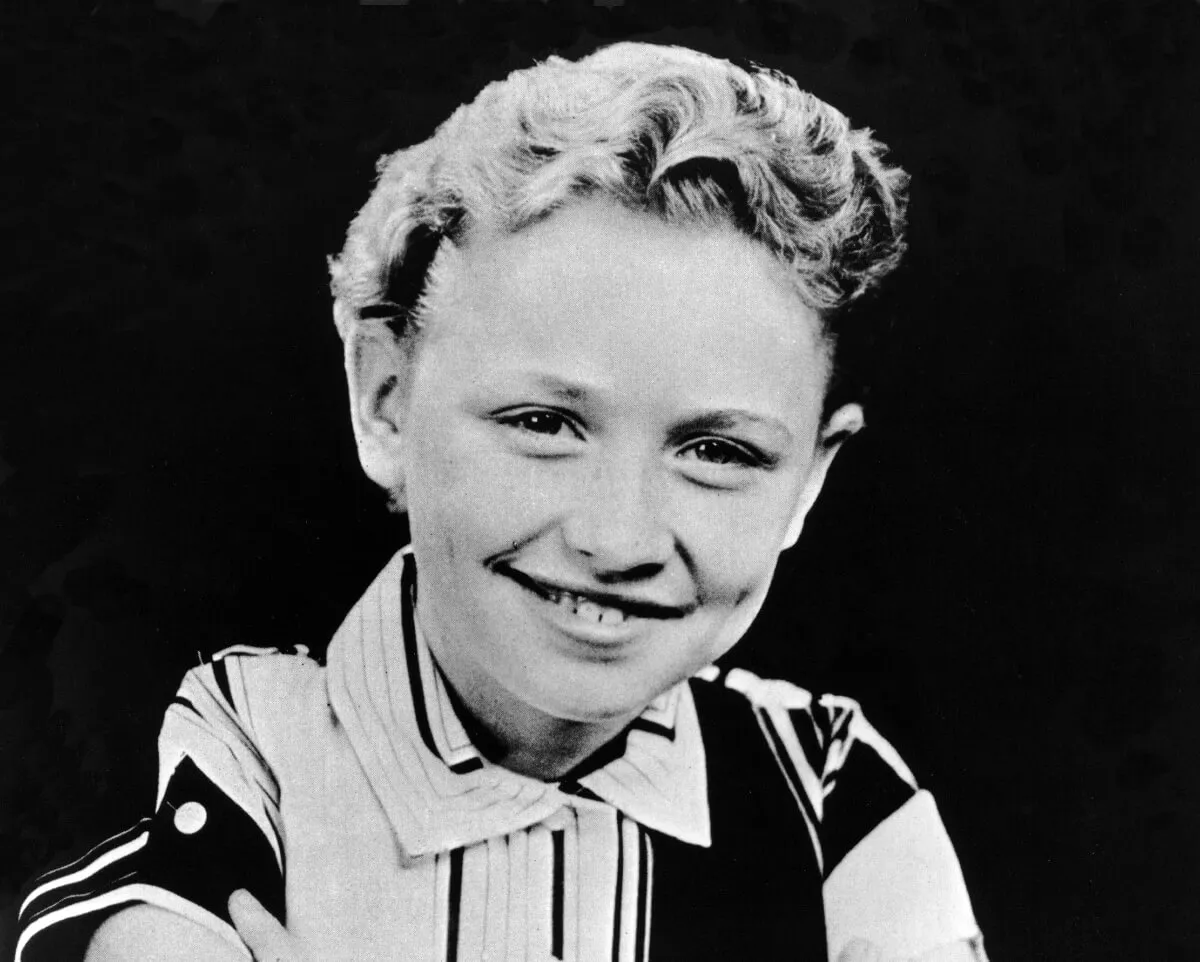These Beatles Songs Were Banned by the BBC for Ridiculous Reasons
The Beatles earned a reputation for speaking their minds. Whether they were claiming to be more popular than Jesus or crafting controversial album covers, the band was not afraid of controversy. However, the BBC would occasionally ban their songs for reasons that were downright silly. Here are the most iconic banned Beatles songs.
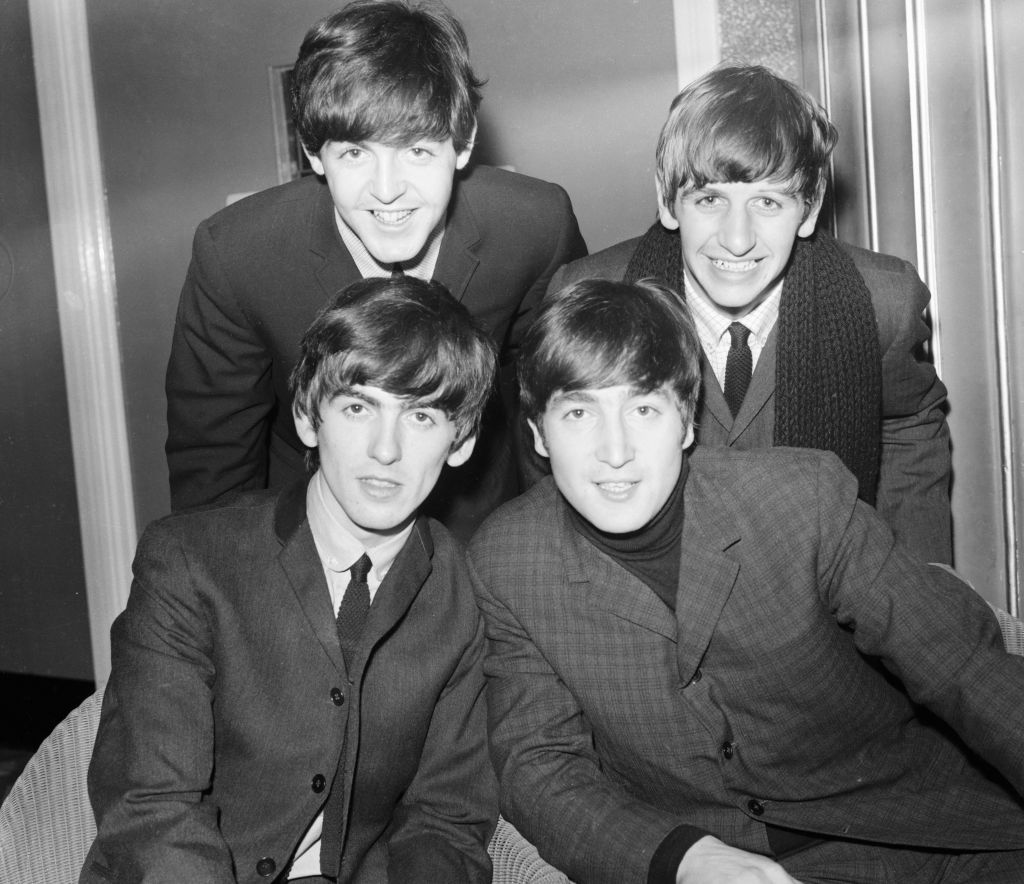
‘Being for the Benefit of Mr. Kite’
While some Beatles songs have provocative meanings, “Being for the Benefit of Mr. Kite” is clearly a song about the circus. The song’s origins are quite innocent. Ultimate Classic Rock reported that the song owes its existence to a time when John Lennon found a poster for a circus from the Victorian era in an antique shop.
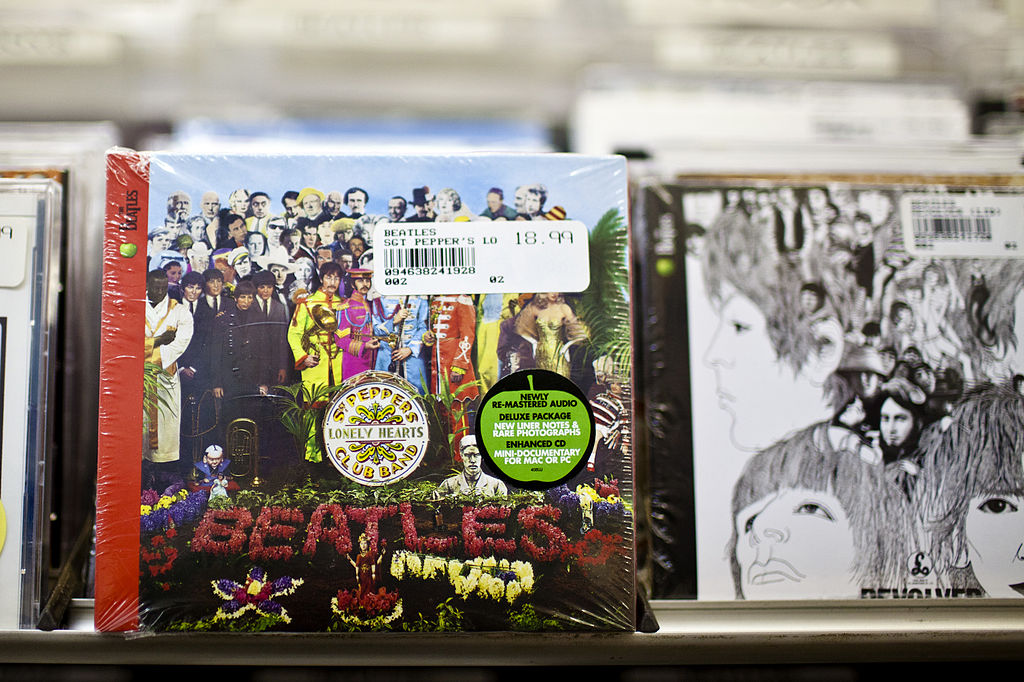
John showed that poster to Paul McCartney, and the duo incorporated many phrases from the poster into the song’s lyrics. According to the Arkansas Democrat-Gazette, the BBC banned this Beatles song because it mentions “Henry the Horse,” which was interpreted as a reference to heroin.
In 1980, John said “Everything in the song is from that poster, except the horse wasn’t called Henry. Now, there were all kinds of stories about Henry the Horse being heroin. I had never seen heroin in that period. No, it’s all just from that poster.” John was particularly proud of this banned Beatles song, saying “It’s so cosmically beautiful. The song is pure, like a painting, a pure watercolor.”
‘Come Together’
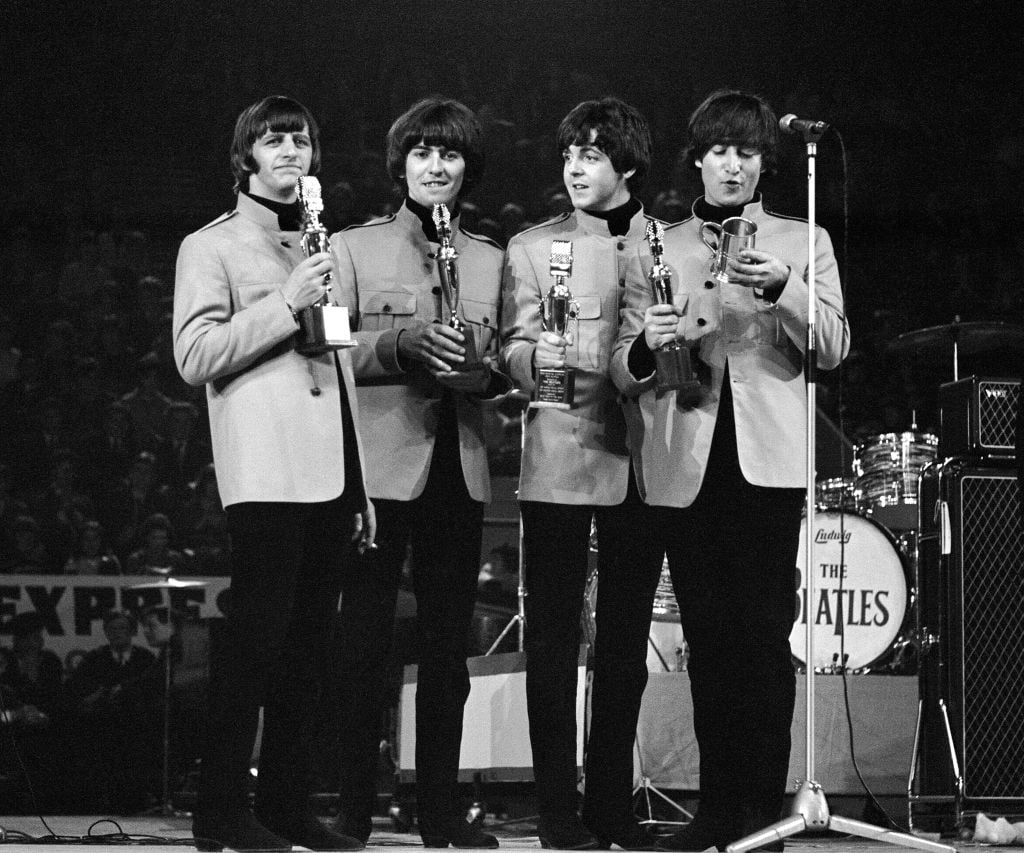
Aside from the plea for togetherness in the song’s chorus, you’d be hard-pressed to find lyrics in “Come Together” that mean anything. Like many great Beatles tracks, the song is mostly nonsense. That didn’t stop the song from joining the list of banned Beatles songs. The lyrics to the song briefly mention Coca-Cola, and, according to Rebeat, the BBC had strict rules against songs that mentioned specific products. Both “Beep Beep” by The Playmates and the original version of “Lola” by The Kinks would get banned by the BBC for similar reasons.
‘I Am the Walrus’
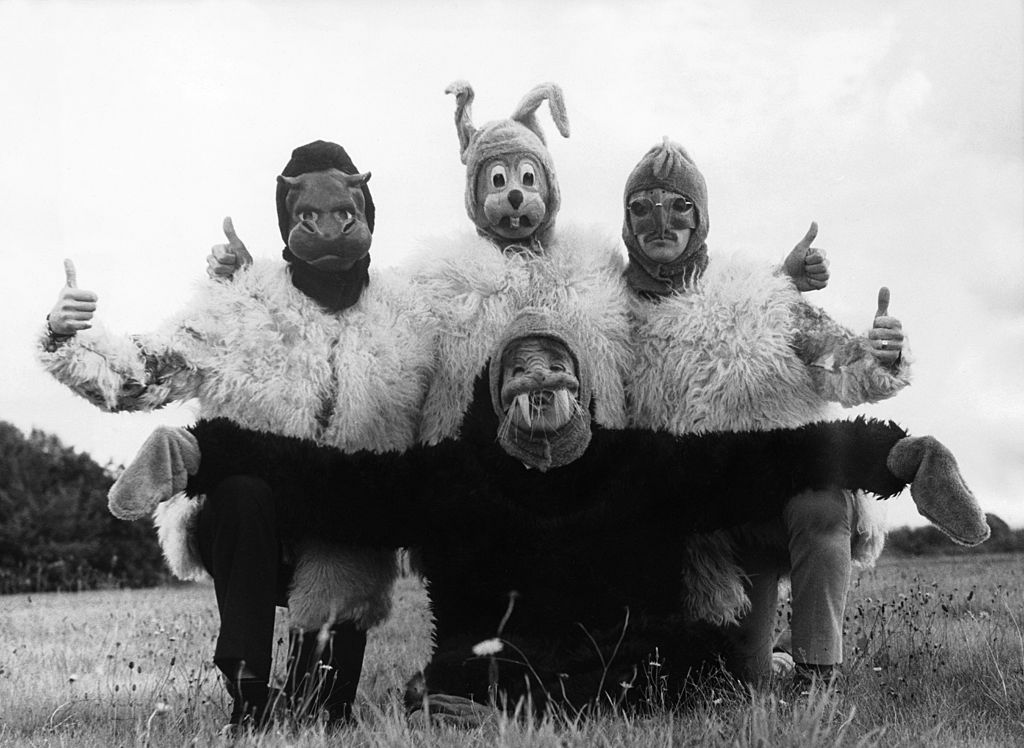
If “Come Together” is mostly nonsense, “I Am the Walrus” is complete nonsense. This is the most oblique of the banned Beatles songs. What does a walrus have to do with Edgar Allan Poe, eggs, pigs, and an English garden?However, two lines of the song were too risque for the BBC, specifically “let your knickers down” and the reference to a “pornographic priestess.” To interpret this song as being about sex, one would first have to assume that it is actually about something, which is a stretch.
According to Mental Floss, Lennon had the following to say about the track: “The words didn’t mean a lot. People draw so many conclusions, and it’s ridiculous. I’ve had tongue in cheek all along–all of them had tongue in cheek. Just because other people see depths of whatever in it…What does it really mean, ‘I am the Eggman?’ It could have been ‘The pudding Basin’ for all I care. It’s not that serious.”
The ban didn’t stop the song from connecting with people. In the years since its release, it has been covered by prominent musicians like Oasis and Styx. The song’s cheeky surrealism has aged well, even if that line about a dead dog is still disgusting.


